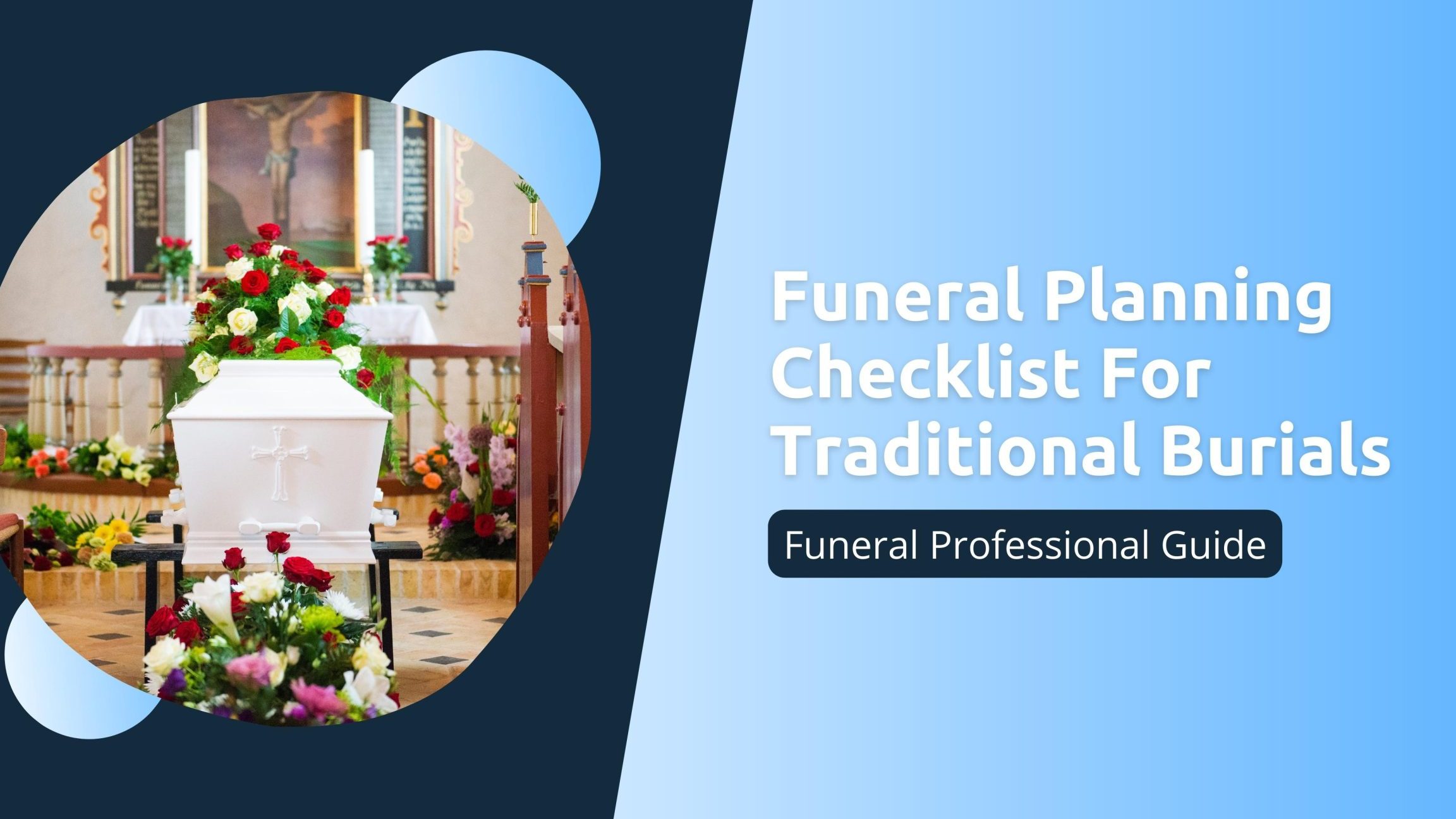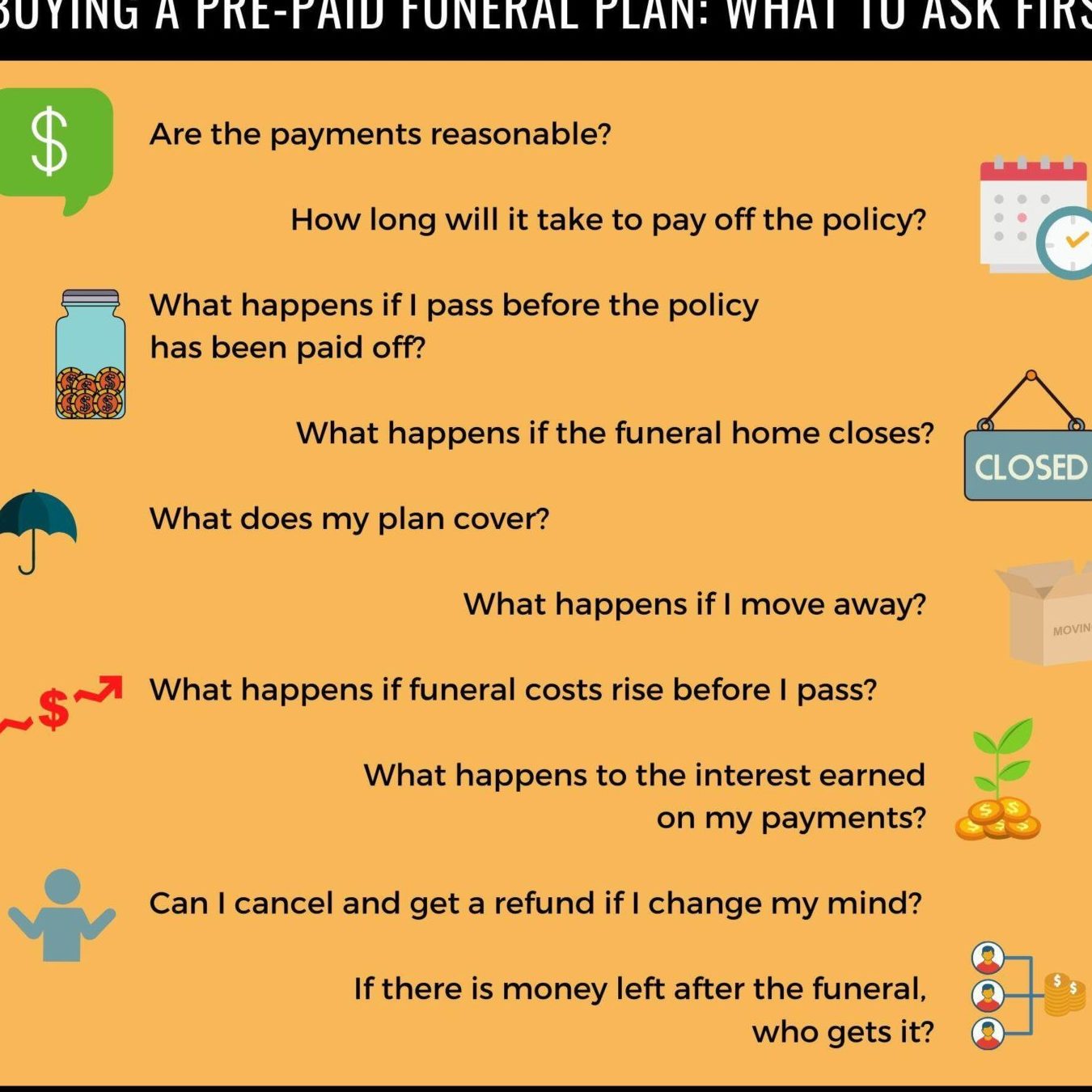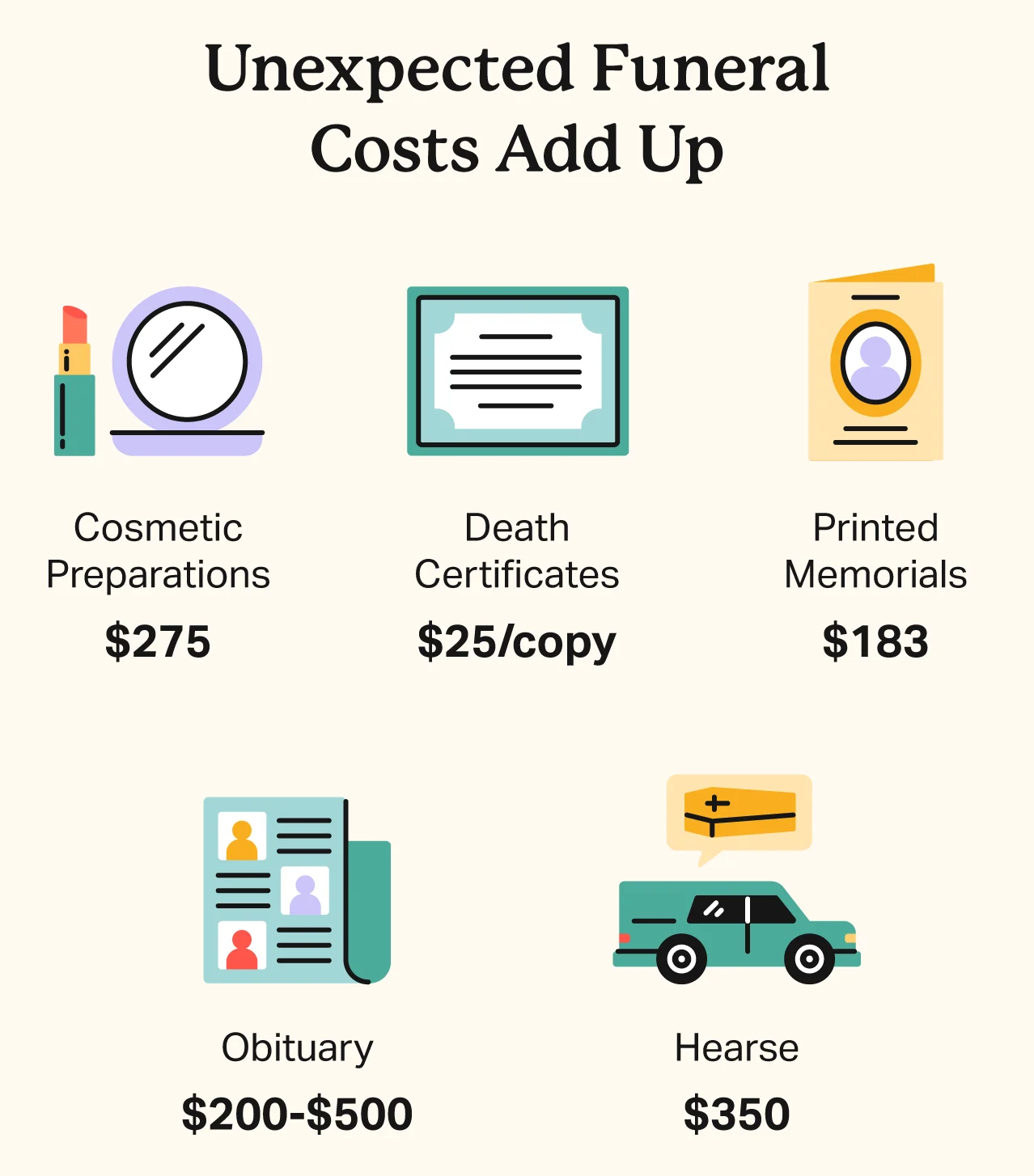Planning a funeral can be overwhelming. Avoiding common mistakes is crucial. Pre-plan, communicate wishes, and choose the right package. Prepare financially and include clear information on invitations. Address interruptions respectfully. Consider funeral options, costs, etiquette, and legal aspects. Plan for grief support. Seek assistance when needed. These steps ensure a meaningful farewell. Keep reading for key considerations and FAQs.
Common Mistakes in Funeral Planning
In the process of planning a funeral, there are several common mistakes that people often make. By being aware of these mistakes, you can avoid unnecessary stress and ensure a more seamless funeral planning experience. Let’s take a look at some of these mistakes:
Failure to Pre-Plan Before Death
One of the biggest mistakes is not pre-planning your funeral before death. While it may be uncomfortable to think about, pre-planning allows you to communicate your final wishes and alleviate the burden on your loved ones during their time of grief. Take the time to sit down with a funeral director and start the pre-planning process, including making payments for the funeral services and drafting a will.
Lack of Financial Preparation
Another common mistake is not adequately preparing financially for a funeral. Funerals can be expensive, with an average cost of around $8,500. Instead of waiting until after someone has passed away to pay for the funeral, it is wise to start saving in advance. Having funds set aside specifically for funeral expenses will help cover the costs and alleviate financial burdens on your family.
Choosing the Right Funeral Package
When selecting a funeral package, it is essential to be transparent with the funeral director about your budget. Failing to consider your budget beforehand can lead to overspending, causing unnecessary financial strain. By discussing your budget upfront, you can choose the right funeral package that meets your needs and falls within your desired price range.
Failure to Communicate Clear Wishes
Not clearly communicating your funeral wishes can lead to confusion and disagreements among family members. Whether you are planning your own funeral or arranging one for a loved one, it is crucial to have open and honest conversations about final wishes. Clear communication ensures that your wishes are respected and that everyone involved is on the same page.
Inadequate Information on Funeral Invitations
The invitations for a funeral play a vital role in providing necessary information to attendees. Failing to include vital details such as the funeral location, RSVP instructions, timing, and information about the deceased can create confusion and make it challenging for attendees to plan accordingly. Make sure to include all relevant information to facilitate the planning process for everyone involved.
Addressing Interruptions During the Funeral
Once a funeral has begun, it is important to maintain a respectful and solemn atmosphere. Allowing interruptions, such as late arrivals or constant coming and going, can be disruptive and disrespectful to the deceased and other attendees. Clearly communicate to attendees that once the funeral service begins, interruptions should be minimized, and latecomers should wait for an appropriate break to enter.
Key Considerations and FAQs in Funeral Planning
Exploring Funeral Service Options
When planning a funeral, it’s important to explore different funeral service options. Consider whether you prefer a traditional burial or cremation. Research various funeral homes and their services to find one that aligns with your needs and budget.
Understanding Costs and Budgeting for Funeral Expenses
Funerals can be expensive, so it’s crucial to understand the costs involved and create a budget. Take into account expenses such as the funeral service, casket or urn, burial plot or cremation fees, memorial services, and other related costs. Proper budgeting ensures that you make informed decisions and avoid financial strain.
Funeral Etiquette and Customs
Understanding funeral etiquette and customs is essential when attending or planning a funeral. Familiarize yourself with appropriate behavior, dress code, and cultural practices. Show respect and offer condolences to the bereaved family members.
Addressing Legal Aspects: Wills, Testaments, and Asset Distribution
Addressing the legal aspects of funeral planning includes creating a will or testament to document your final wishes. Consider asset distribution and ensure that your loved ones are aware of your wishes regarding property, finances, and belongings. Consulting with a legal professional can help navigate the legal complexities.
Planning Ahead for Grief Support and Resources
Grief support is an essential part of funeral planning. Explore resources such as grief counseling, support groups, and online communities to help cope with the loss of a loved one. Planning ahead allows you to access these resources when needed and find ways to honor and remember the deceased.
Planning a funeral involves taking thoughtful steps to ensure a meaningful farewell for your loved ones. By considering these factors, you can create a ceremony that honors the life of the deceased:
Taking Time for Reflection
Before making any decisions, set aside time for reflection to gather your thoughts and emotions. Reflect on the memories, values, and traditions that were important to the deceased.
Choosing the Right Funeral Service Elements
Decide on the type of service that aligns with the wishes of the deceased and provides comfort to family and friends. Consider options such as religious or secular ceremonies, memorial gatherings, or personalized celebrations of life.
Personalizing the Ceremony
Add personal touches to the funeral ceremony that reflect the unique life and personality of the deceased. Incorporate meaningful music, readings, photos, or videos that tell their story and celebrate their legacy.
Making Funeral Arrangements
Coordinate with a funeral director to handle the logistics of the ceremony, including transportation, embalming or cremation, and coordinating with the venue and cemetery. Ensure all necessary permits and documentation are in order.
3.2 Finding Support and Assistance in Funeral Planning
Planning a funeral can be overwhelming, and it’s essential to find support and assistance during this difficult time. Consider the following:
Seeking Help from Family and Friends
Reach out to trusted family members and friends for emotional support and assistance in funeral planning. Delegate tasks and responsibilities to lighten the load and ensure thorough arrangements.
Consulting with Funeral Professionals
Funeral professionals can provide guidance and expertise in navigating the funeral planning process. They can assist with choosing the right funeral home, understanding legal requirements, and making informed decisions.
Utilizing Grief Support Resources
Take advantage of grief support resources offered by funeral homes, religious organizations, counseling services, or support groups. These resources can provide valuable emotional support and guidance throughout the grieving process.
Remember, by taking these steps and seeking support, you can create a meaningful farewell that honors the life of your loved one and offers solace to those left behind.

What is the Best Funeral Plan for You: A Comprehensive Guide for US Residents

Effective Strategies for Family Preplanning Discussions

Funeral Planning as an Act of Love: Securing Your Loved Ones’ Future

Key Questions to Ask When Choosing a Funeral Plan in the US

How to Finance Your Funeral Plan: Options and Tips for US Residents

Benefits of Funeral Preplanning

The Importance of Preplanning Your Funeral

How to Plan a Funeral in 7 Steps: A Comprehensive Guide for Americans
